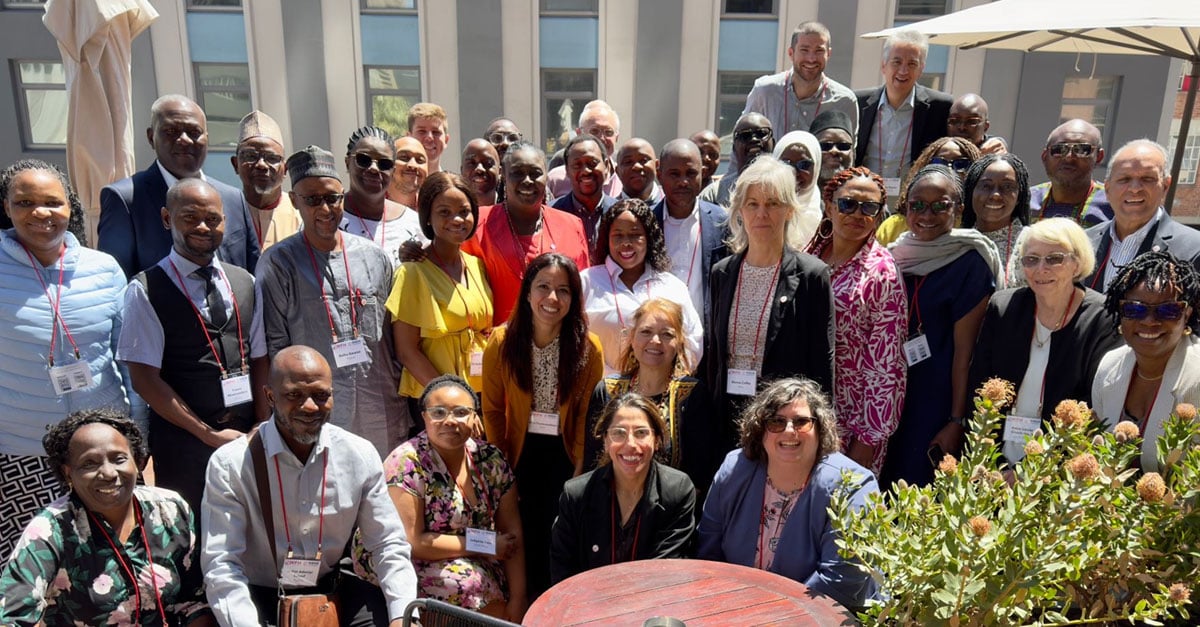The first day of the WBDR data workshop provided an opportunity for participants to share knowledge, exchange ideas, and collaborate on ways to advance hemophilia care across the region. Sessions from this day also emphasized the value of building national registries and using collected data to shape policies, support research, and advocate for better patient care.
One highlight of the event was a session led by Saliou Diop, MD, from Senegal. He introduced research methodologies and walked participants through the steps of research proposal development. Participants learned about the importance of generating evidence for research, as well as the process involved in publishing scientific articles. Participants collaborated in groups to develop research proposals tailored to their unique regional context, ensuring the initiatives would be feasible and impactful. These proposals focused on improving diagnosis and care for hemophilia patients and reinforcing the importance of cross-border collaboration to tackle shared healthcare challenges.
The second day of the workshop focused on advocacy. It provided participants with the necessary knowledge to effectively advocate for improved hemophilia care in their countries. Participants learned about the various stages of advocacy, from identifying key issues and stakeholders to developing and executing targeted campaigns.
WFH medical board member Emna Gouider, MD, from Tunisia provided participants with valuable insight, emphasizing the importance of using data to support advocacy efforts, and demonstrating, using concrete examples, how evidence-based approaches can influence policy changes and resource allocation for better patient outcomes.
In another engaging group activity, participants worked together to develop an advocacy plan, each addressing a specific challenge related to hemophilia care. Teams created campaigns and mapped out actionable steps to influence decision-makers. The hands-on exercise allowed for insightful discussions and participants collaborated to apply theoretical knowledge in a practical setting, giving them a chance to hone their presenting skills to maximize the impact of making a case to decision-makers.
The level of engagement in the workshop was strong, and the sense of partnership between the participants from different countries was inspiring. The event had collaborative tone throughout, highlighting the power of data-driven decision-making for improvements in care for people with bleeding disorders. This workshop was the start of what it is hoped will be a series of workshops in various regions of the world, with the same goal of fostering collaboration in support of research and advocacy.
To find out more about the World Bleeding Disorders Registry (WBDR), please click here.












